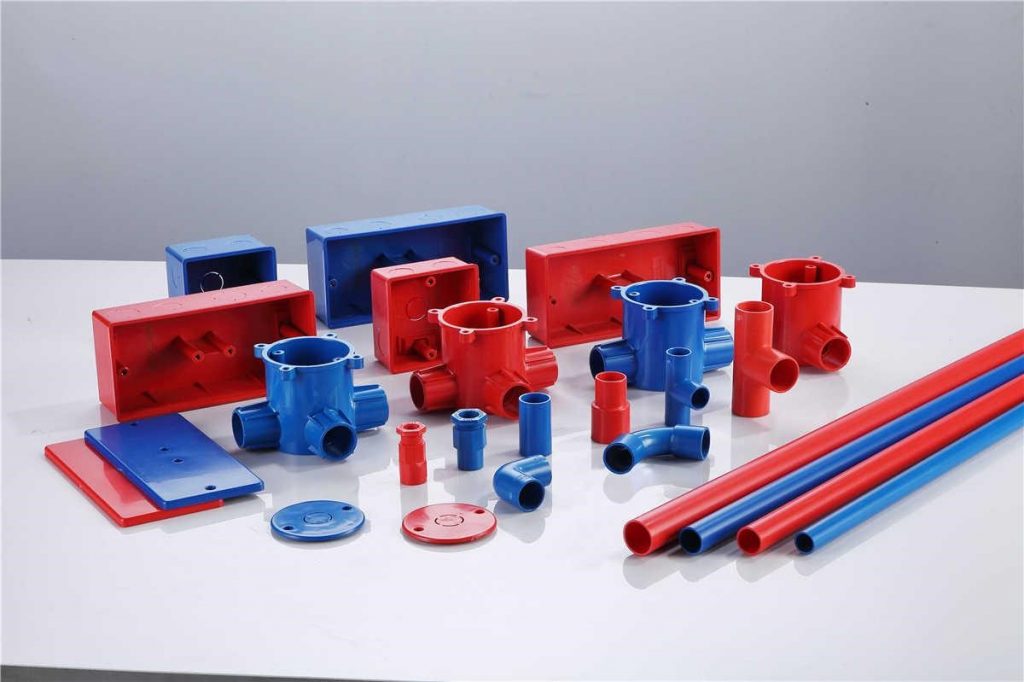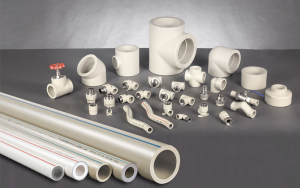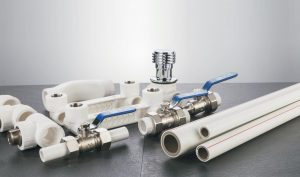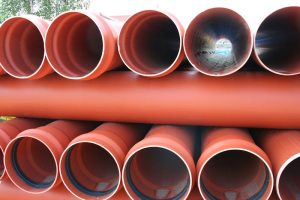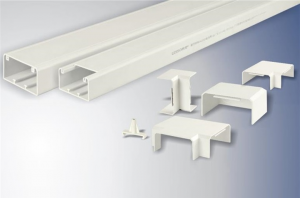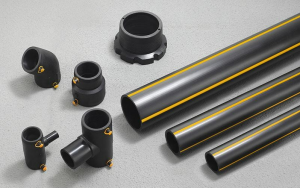Conduit is crucial for keeping your home safe from potential threats. There are different types of conduits suitable for different applications. However, PVC conduit is one of the most popular among customers.
If you are willing to learn more about PVC conduit pipes, you have landed just at the right spot. This article will give you details about PVC conduit pipes. Here you will also come to know which one fares well in the contest of PVC conduit vs PVC pipe.
What is PVC Conduit?
Polyvinyl chloride, popularly known as PVC, is a blend of vinyl and plastic which is used for making PVC pipes. These pipes are generally used for plumbing purposes instead of copper piping that are more expensive. This conduit comes with PVC fittings, couplings, connectors, and elbows. You can easily attach them with PVC glue and a cleaner.
A PVC conduit can be found in different wall thicknesses. Generally, it costs lesser than other options available in the market. They are versatile and extremely lightweight. Also, they can be installed very easily.
As far as the effectiveness is concerned, a conduit PVC works well both in concrete and underground. Make sure that you always attach a green ground wire with the PVC conduit to ensure proper grounding methods at the different connection levels.
What is PVC Conduit used for?
PVC is a versatile material. It’s usually used for applications like window frames, drainage pipe, water service pipe, medical devices, blood storage bags, cable and wire insulation, resilient flooring, roofing membranes, stationary, automotive interiors and seat coverings, fashion and footwear, packaging, etc.
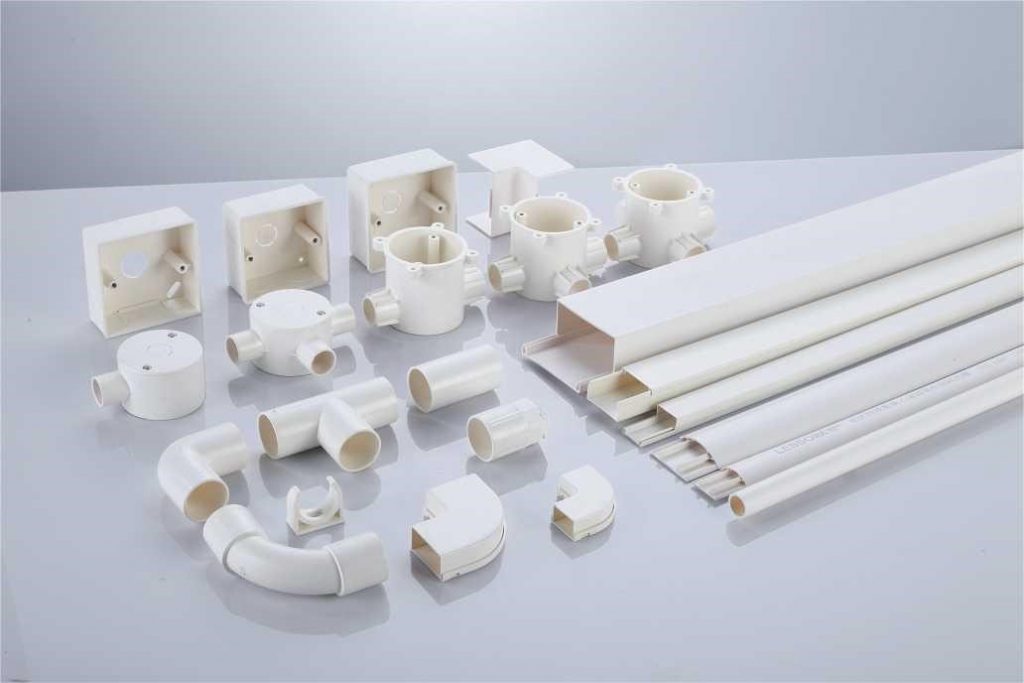

Especially, PVC is one of the most popular plastics used in building and construction. PVC could replace traditional building materials such as wood, metal, concrete and clay in many applications. It’s a modern alternative to traditional materials such as wood, metal, rubber and glass. PVC products are often lighter, less expensive and offer many performance advantages.
PVC Conduits are most favored by electricians who are aware of their advantages. The conduit neither corrodes nor rust. However, it needs a grounded wire to be attached separately. If you are on the lookout for an effective conduit, PVC is the most economical solution.
How does PVC pipe and PVC Conduit differ?
Though electrical conduit PVC and the regular PVC are made from the same kind of plastic, both things are not the same. The uses and applications also differ from one another. Each has its own particular use and should not be used interchangeably.
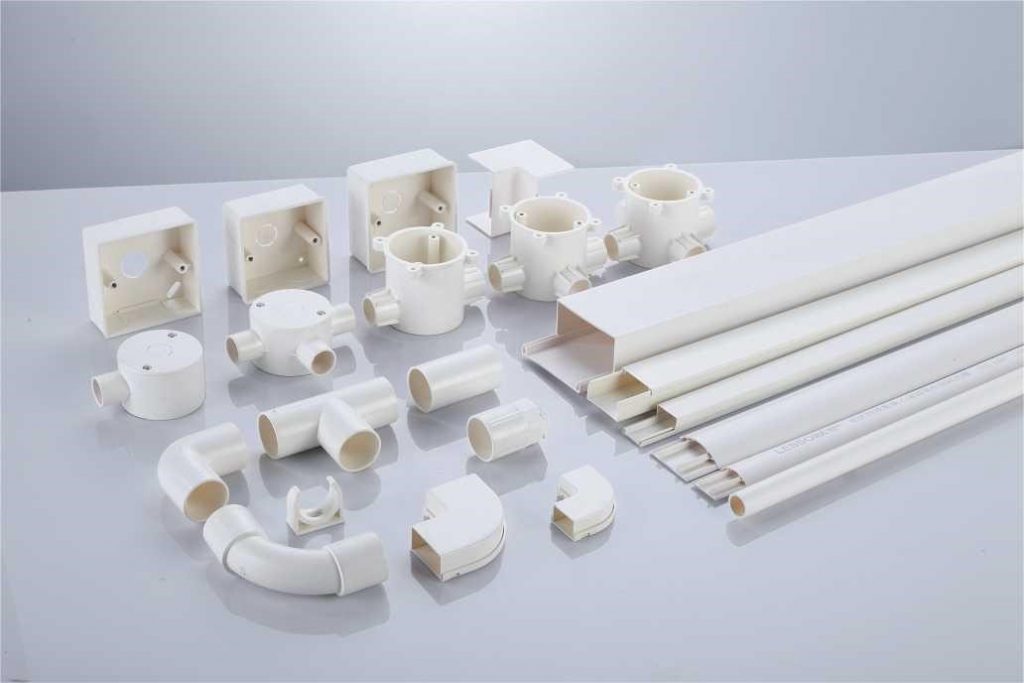

Talking about PVC conduit vs PVC pipe, here are certain key differences:
Pressure
One of the most important differences between the PVC pipe and PVC conduit is that, in most cases, PVC pipes are tested for pressure, but conduit PVC pipes are not. This proves that it is not proper to use PVC conduit pipe and PVC pipe interchangeably.
Since the plumbing piping system should be able to bear water pressure for working properly, pipes that are tested and qualify for pressure should be used. Conduit PVC pipes are not appropriate for plumbing applications since they are not pressure tested.
Weatherproof tested
Plumbing PVC is mainly situated underground or indoors. Thus, it is not fit to be exposed to ultraviolet light. Also, ultraviolet rays might damage this PVC type. Therefore, it is not suitable to use plumbing PVC in exposed areas or rooftop applications. When exposed, they tend to become brittle and get cracked.
On the other hand, conduit PVC is tested for UV exposure. It can be very well be used in exterior waterproofing applications where electrical cables run across sides of buildings or rooftops.
Wall thickness
The next difference between the PVC pipe and PVC conduit lies in the wall thickness of the pipe. PVC pipes have a thicker wall compared to PVC conduits.
The extra thickness of plumbing PVC makes sure that the pipe is firm enough to remain unharmed. PVC conduit pipes are generally not required to bear much pressure. So, their walls are not that thick.
Applications
PVC pipe is mainly used in plumbing stations. That is the reason why it is tested for pressure. It is suitable to be used in water, drains, and other ventilation systems. Sewage systems also feature PVC pipes in some cases. Since these pipes are not UV rated, they should not be exposed to UV rays.
The main use of PVC conduit pipes lies in electrical systems. These pipes can be used in wet locations as well as underground, especially in applications in which electrical wires are to be protected. Since these pipes are UV-rated, they can be used in locations that are exposed to UV rays.
You can use both plumbing and conduit PVC at your home or in commercial areas. Apart from being cost-effective, both have versatile uses and have also high durability. However, they are designed for specific purposes and should be used for applications that they are most suited for.
While regular PVC pipes are not suitable for electrical applications, PVC conduit pipes are also not designed to operate in plumbing stations. But, when used correctly and appropriately, both of them are reliable and highly effective.
China Lesso is one of China’s most famous manufacturers and developers of pipings and fittings. With more than 30 years of experience in the pipe manufacturing and development sector, the company has set up an integrated service system.
From material selection to sampling, product design to delivery, the company offers incredible service including post-sales service and installation guidance. China Lesso presently provides piping systems for different purposes such as civil buildings, municipal engineering, home decoration, and agriculture.
Recommend Reading
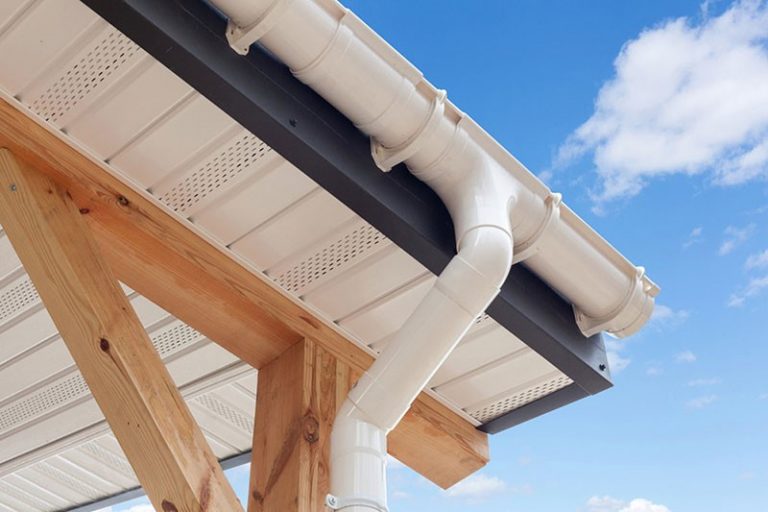

Are PVC Gutters Good?
Gutters are an essential part of your house as they protect your foundation, landscaping, and prevent your basement from flooding. Using PVC gutters and downspouts
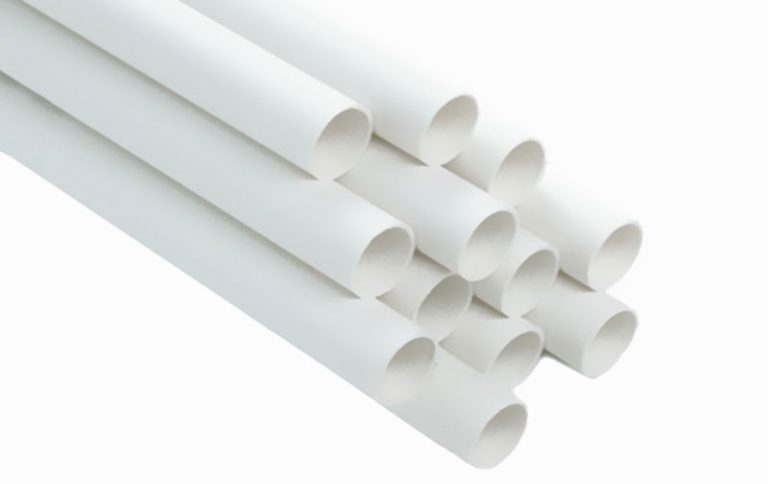

Everything You Need to Know About PVC Pipes
The third-most widely used synthetic polymer, PVC, is manufactured and used at the rate of 40 million tons a year worldwide. Its main application is


